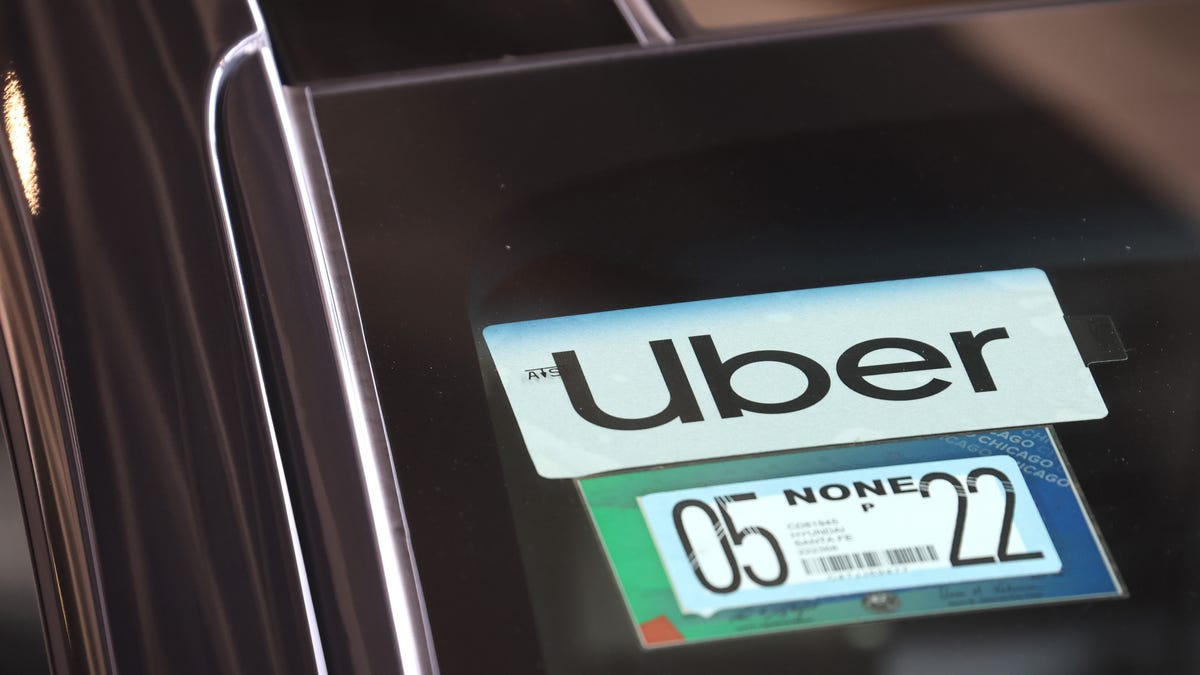Uber Enhances Safety Features for Female Passengers
Uber recently unveiled a new suite of safety features aimed at enhancing security for female passengers. This move comes in response to a series of lawsuits against the ride-hailing giant, accusing the company of negligence in preventing harassment and assaults against both passengers and drivers.
Enhanced Safety Features
The updated safety features include encrypted audio recordings, PIN verification, and live location sharing with friends and family. One standout feature, RideCheck, is designed to detect any deviations from the planned route or unexpected stops during a ride. These added measures are intended to make female passengers feel more secure, particularly when using Uber’s services at night. The features are currently available in the U.S., Canada, and Latin America.
Addressing Previous Safety Concerns
Uber’s decision to automate these safety features comes after facing numerous legal challenges related to passenger safety. Reports indicate that over 400 lawsuits have been filed against the company, alleging instances of assault and harassment. These cases have led to a consolidated class-action lawsuit involving more than 200 plaintiffs.
The most recent complaint, filed in federal court in California, details incidents of sexual assault, harassment, and battery by an Uber driver in Massachusetts. The lawsuit highlights the need for more robust safety measures, such as thorough background checks and enhanced screening procedures for drivers.
Past Legal Settlements
Uber has previously settled class-action lawsuits by agreeing to pay $28.5 million and adjusting its marketing claims about providing “safe rides.” Despite claiming to conduct industry-leading background checks, the company had failed to check drivers against the national sex-offender registry or utilize fingerprint identification.
Additionally, Uber introduced a $1 “safe rides fee” on every trip to fund safety improvements, but accusations arose that the fee was not allocated for its intended purpose. The company collected over $500 million from this fee, leading to scrutiny over its allocation and impact on rider safety.
Industry-wide Safety Concerns
Not limited to Uber, fellow rideshare provider Lyft has also faced allegations of failing to protect passengers and drivers from physical and sexual assault. Despite efforts to implement safety features, Lyft has been embroiled in lawsuits over incident reporting and prevention. The company’s safety report revealed a significant number of sexual assault reports between 2017 and 2019.
While Lyft introduced features like Women+ Connect, allowing female and nonbinary riders to request same-gender drivers, concerns remain over the effectiveness of these measures in preventing incidents. Both Uber and Lyft have yet to provide conclusive evidence that their safety programs effectively reduce instances of harassment and assault, leaving riders and drivers seeking more robust safety protocols.
Image/Photo credit: source url





